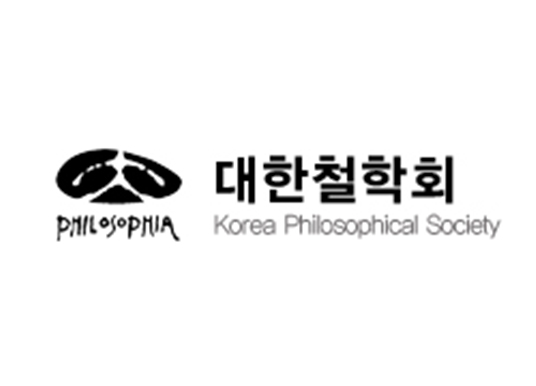AI 로봇의 책임 공백에 관한 윤리학적 연구
An Ethical Study on the Responsibility Gap of AI Robots
김상득
전북대학교 철학과
철학연구
2024, vol.169, pp. 65-90 (26 pages)
10.20293/jokps.2024.169.65
대한철학회
초록
이 논문은 자율적인 AI 로봇이 야기하는 책임 공백의 물음에 관한 철학적 논의를 통해 윤리학적 해결책으로 공동 책임론을 옹호하는 데 그 목적이 있다. 이를 위해 A. 매티어스가 제기한 책임 공백이 무엇인지를 해명한 다음 이에 관한 세 접근법, 즉, 인간 중심주의 접근법(도구주의 2.0), 기술 중심주의 접근법(기계 윤리), 그리고 구성주의 접근법(하이브리드 책임)을 비판적으로 천착할 것이다. 이러한 비판적 논의는 책임 공백 물음의 해결에 행위성 개념이 중요한 역할을 차지하고 있음을 보여줄 것이다. ‘확장된 행위성 이론’에 근거하여 필자는 자율적인 AI 로봇 역시 도덕적 행위성을 지니기에 도덕적 책임의 주체가 될 수 있음을 역설할 것이다. 하지만 로봇은 오직 인간 행위자와 협업 관계를 맺는 경우에만 도덕적 행위성을 갖기에, 책임 공백의 물음은 하이브리드 접근법에 따라 인간과 기계의 공동 책임 내지 분산된 책임에 의해 그 해결책이 강구되어야 할 것이다. 그럼에도 발생할 수 있는 책임 공백의 문제는 인간 행위자에게 덕목으로서의 책임을 요청한다는 점을 맺는말에서 필자는 제안하고자 한다.
The purpose of this paper is to advocate the theory of joint responsibility as an ethical solution through philosophical discussions on the question of responsibility gap caused by AI robots. To this end, we will clarify what responsibility gap A.Mattius has raised and then critically explore three approaches to it: the anthropocentric approach (instrumentalism 2.0), the technocentric approach (machine ethics), and the constructivist approach (hybrid responsibility). This critical discussion will show that the concept of agency plays an important role in resolving the responsibility gap question. Based on the ‘extended agency theory’, I will emphasize that autonomous AI robots can also be the subject of moral responsibility because they have moral agency. However, since robots have moral agency only if they have a cooperative relationship with human actors, the question of the responsibility gap should be solved by the joint or distributed responsibility of humans and machines according to the hybrid approach. Nevertheless, I would like to suggest that the problem of the unresolved responsibility gap postulates human agents to take responsibility as a virtue.

